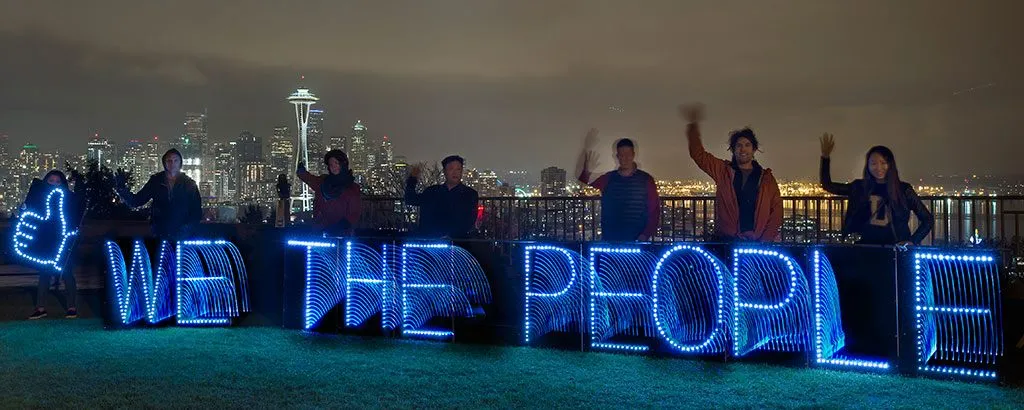Challenges and opportunities for democracy in the 21st century

What are the current challenges and opportunities for democracy and what role can cities and local governments play in advancing democracy in the 21st century?
In a panel discussion organized by the Commonwealth Local Government Forum, International IDEA and LSE Cities, both Helen Clark, Patron of the Commonwealth Local Government Forum and former PM of New Zealand, and International IDEA’s Secretary-General Yves Leterme shared their vision on democracy in the 21st century and the role cities and local governments can play in further advancing the democratic cause while at the same time delivering on the needs of citizens.
“When looking at the global state of democracy today, we are at a critical juncture. On the one hand we see examples of modern democratic backsliding and the corrosion of democracy from within, while on the other hand democracy proves to be remarkably resilient in the long term, with recent democratic transitions in Tunisia and Myanmar as beacons of hope.”
In his intervention, Yves Leterme highlighted some of the main findings from International IDEA’s recent report on The Global State of Democracy.
Looking at the past decades, there are considerable signs of democratic deterioration in several countries and regions. Previous democratic progress has stagnated whilst considerable threats and challenges have emerged, such as the rise of hybrid democracies, populism and nationalism, corruption and state capture, decreasing levels of trust in politics and rising conflict and migration waves. If unaddressed, these threats could endanger the hard-fought gains in new democracies, as well as corrode democratic principles in established democracies.
Nevertheless, from a global and long term perspective, and contradictory to current popular assumption, democracy’s health check is rather optimistic. In a historical perspective, democracy has proven resilient over time: there has been a growth in the number of democracies in which competitive elections determine government power, from only a quarter of the world’s countries in 1975 to two thirds in 2016. Moreover, the number of women in national parliaments increased significantly, although an important and inacceptable deficit still remains. And although the internet and social media boom constitutes an opportunity for democracy, it also contains certain hazards that could possibly undermine it.
These observations on the state of democracy coincide with an ever increasing global level of urbanization, making the percentage of the world’s population living in urban areas surpass the 50 per cent mark for the first time in history at the beginning of this century.
In an ever urbanizing world, the role of cities and local communities as a level of government and a bedrock for citizen-centric democracy is crucial. Therefore, International IDEA has made available specific tools to citizens, cities and local governments, as well as civil society organizations, following its citizen-led approach to democracy assessments. Among them The Democratic Accountability in Service Delivery Tool and The State of Local Democracy Assessment Framework, both reflecting the importance of cities and local governments in the democratic decision-making process.
It is clear that although democracy faces its challenges, many opportunities also arise. The role urbanization can play in achieving a more citizen-centric democracy is one them, but as with every aspect of democracy, this is a work in progress that will require the effort of many. As Secretary-General Leterme concluded:
“Democracy cannot be taken for granted at any level of governance. Each one of us has a responsibility to build, protect and safeguard democracy, and citizens, civil society, as well as cities and local governments will play a decisive role in these efforts.”




